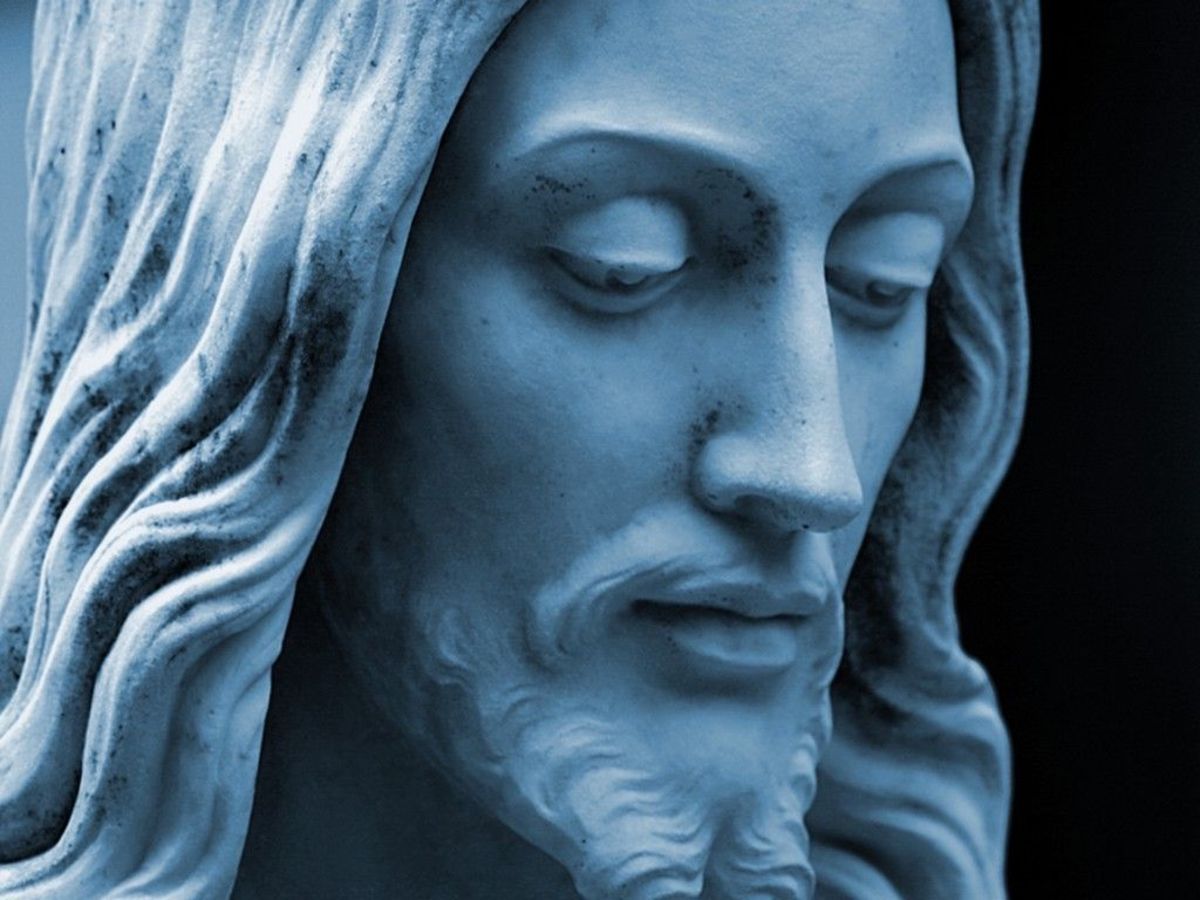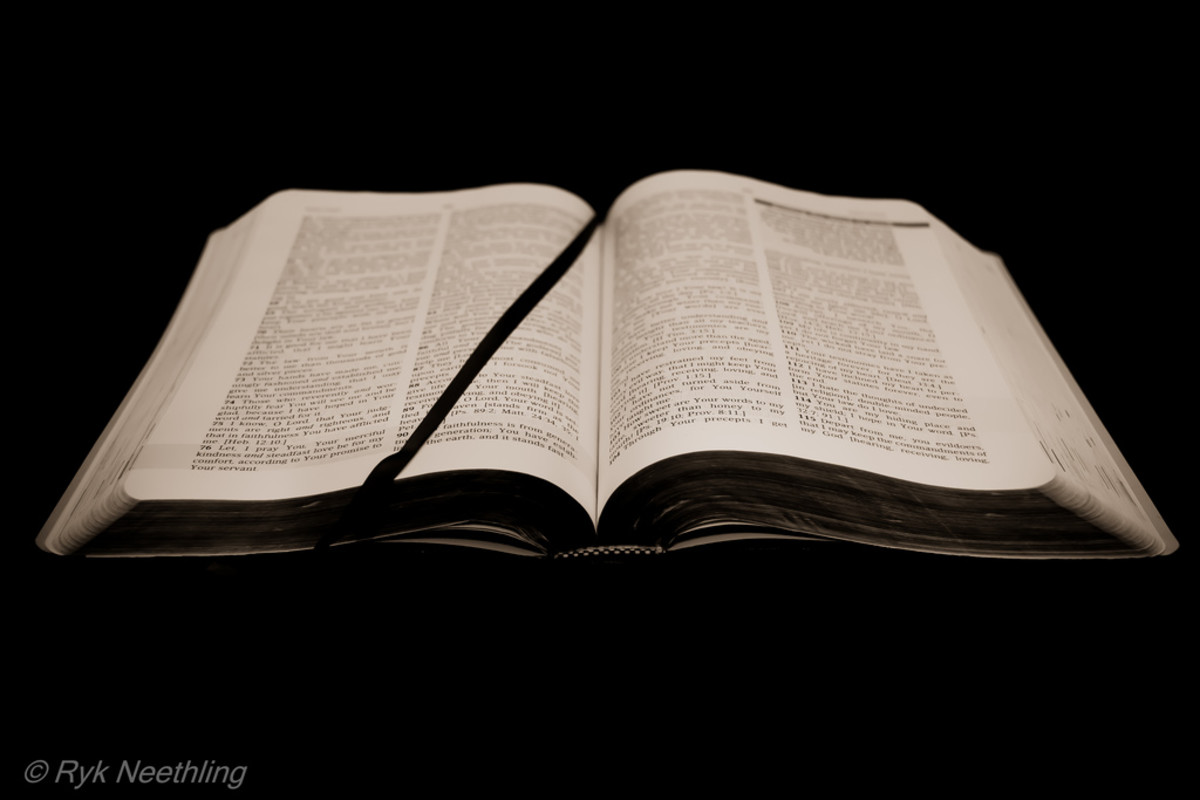King Benjamin’s Witness of the Atonement of Jesus Christ (Episode Six)
At One-ment
The Atonement of Jesus Christ is the divine process of becoming one with Him. He bore the penalty for every wrong in our lives, removing it from us entirely. This gift operates regardless of our belief—Christ suffered for all humanity, whether in faith or in rejection, out of perfect love and obedience to the Father.
Just as King Benjamin and True Freedom: Liberty Through Faith and Works (Episode Five) revealed the path to true freedom through faith and obedience, this freedom finds its fullest expression in the Atonement itself. Without the Savior’s willing sacrifice, there could be no release from the bondage of sin, no enduring liberty, and no eternal unity with God.

Benjamin did not view the act of atonement as something that was just a future event to occur, but an eternal and present act
King Benjamin’s Legacy of Spiritual and Temporal Stewardship
Several articles have explored King Benjamin and his inspired teachings. He was a benevolent ruler who devoted his reign to strengthening both the spiritual purity of his people and the security of his kingdom from external threats. In this, he was much like King Josiah, who, upon finding the book of the law in the temple, tore his robes in humility and dedicated his kingdom to the Lord (2 Kings 22:8). Likewise, Benjamin opened his soul to his people, granting them the freedom and opportunity to dedicate themselves fully to God.
King Benjamin’s Prophetic Witness of the Atonement
King Benjamin was a great prophet-king who lived more than a century before the Savior of mankind came in the flesh. A righteous leader, he ruled in ancient America in a great society of people known as the Nephites, a nation formed from several mingled groups.
He declared:
[T]he atonement which has been prepared from the foundation of the world, that thereby salvation might come to him that should put his trust in the Lord, and should be diligent in keeping his commandments... And this is the means whereby salvation cometh. And there is none other salvation save this which hath been spoken of; neither are there any conditions whereby man can be saved... (Mosiah 4:6, 8)
As the son of King Mosiah the First, Benjamin understood the eternal truth that salvation comes to mankind only through the singular act of the Atonement—a reality that transcends time. Though the physical sacrifice of Christ had not yet occurred, Benjamin did not view it as merely a future event. He knew it was an eternal, present power, foreshadowed in the law of Moses through repeated animal sacrifices. These ordinances symbolically pointed to the final, once-for-all blood sacrifice of Jesus Christ, which alone could cleanse all sin.
Benjamin taught:
[Christ's] blood atoneth for the sins of those who have fallen by the transgression of Adam, who have died not knowing the will of God concerning them, or who have ignorantly sinned. But wo, wo unto him who knoweth that he rebelleth against God! For salvation cometh to none such except it be through repentance and faith on the Lord Jesus Christ. (Mosiah 3:11–12)
Faith on the Lord's Atonement
Guarding Against Spiritual Death
Benjamin warned:
...I cannot tell you all the things whereby ye may commit sin; for there are divers ways and means, even so many that I cannot number them.
But this much I can tell you, that if ye do not watch yourselves, and your thoughts, and your words, and your deeds, and observe the commandments of God, and continue in the faith of what ye have heard concerning the coming of our Lord, even unto the end of your lives, ye must perish. And now, O man, remember, and perish not. (Mosiah 4:29–30)
King Benjamin did not teach that the atonement was ineffective in their lives; rather, he declared that for Christ to accept them as His children and forgive them of all sin, they must exert sincere effort toward righteous living.
Benjamin’s message was clear: salvation is not something we earn, but something Christ offers under divinely set conditions. His atonement is infinite, yet it requires our active discipleship to take full effect in our lives.
In this context, perishing was not a physical death but a spiritual one—being eternally cut off from the presence of God the Father.
Benjamin emphasized this truth again in Mosiah 3:19:
[T]he natural man is an enemy to God, and has been from the fall of Adam, and will be, forever and ever, unless he yields to the enticings of the Holy Spirit, and putteth off the natural man and becometh a saint through the atonement of Christ the Lord...
To become one of God’s covenant people, Benjamin taught that all must deny, reject, and cast off the “natural man,” choosing instead to yield to the Spirit and embrace the sanctifying power of Christ’s atonement.

The healing of the atonement in the lives of saints of Christ was to express itself in the healing of the blight around them and the lifting of the souls in their paths.
Believe in the Atoning One: Faith That Leads to Action
Believe in God; believe that he is, and that he created all things, both in heaven and in earth; believe that he has all wisdom, and all power, both in heaven and in earth; believe that man doth not comprehend all the things which the Lord can comprehend. And again, believe that ye must repent of your sins and forsake them, and humble yourselves before God; and ask in sincerity of heart that he would forgive you; and now, if you believe all these things see that ye do them. (Mosiah 4:9–10)
Benjamin instructed his people to believe in God and His atoning power. He wanted them to grasp the role of Jesus Christ in their lives as he understood it through the spirit of prophecy.
Throughout his sermon, Benjamin reminded his subjects of the condescension of Christ—the very God to whom they prayed. He impressed upon them that Christ’s wisdom and understanding were infinitely greater than their own.
To Benjamin, the atonement was more than the forgiveness of sins. He taught that once a person received a remission of sins and recognized their complete dependence on God’s grace, they would naturally become a blessing to others.
The healing power of the atonement in the lives of Christ’s saints was meant to extend outward—lifting the downtrodden, healing spiritual wounds, and dispelling the blight of sin and sorrow around them.
Truly accepting the healing balm of the Savior means becoming one with Him and doing His works in His name. Such works, after receiving the atonement, are not optional—they are the Lord’s requirement to retain His grace.

Rejecting the Natural Man: King Benjamin’s Call to Spiritual Transformation
Natural Minded
…he that persists in his own carnal nature, and goes on in the ways of sin and rebellion against God, remaineth in his fallen state and the devil hath all power over him. Therefore he is as though there was no redemption made, being an enemy to God… (Mosiah 16:5)
The above, spoken by the prophet Abinadi—whose ministry predated King Benjamin—captures the very essence of Benjamin’s own warning. The natural man is an enemy to God because he is consumed by what pleases the body and what appeals only to the senses.
The natural man cannot be saved because he does not seek salvation—often not even knowing that he should. Yet, while it is inherent in all people to be naturally or carnally disposed, it is also within every soul to be transformed and become spiritual.
God’s will is for all His children to put off the natural man and become spiritually minded—living in harmony with His commandments, embracing the atonement of Christ, and walking in covenant with Him.
Conclusion
Through King Benjamin’s testimony, we have traced the path from knowing God’s goodness and power to embracing the transforming grace of the Atonement of Jesus Christ. His sermon calls all disciples to remember, repent, and remain faithful—to reject the natural man, embrace spiritual rebirth, and extend God’s love to others. This series witnesses that salvation is not a passive hope but an active covenant: to be one with Christ, to do His works, and to retain His image in our countenances until the end.
As King Benjamin’s witness of the Atonement drew to its powerful close, his message naturally turned toward God’s character—the perfect wisdom, patience, and longsuffering that make His plan possible. In King Benjamin on Serving the Poor and Needy: Living the Gospel Through Charity (Episode Seven), we will explore how understanding these divine attributes deepens our faith, strengthens our discipleship, and shapes our daily walk with Christ.
- King Benjamin: Witness of the Atonement of Christ (Episode Six)
Discover how King Benjamin testifies of the Atonement of Jesus Christ—a divine gift that makes us one with Him. Through His sacrifice, Christ removes sin, heals the broken, and pays the full price for every wrong, offering salvation to all who follow Him.
© 2018 Rodric Anthony Johnson








